Scientific American
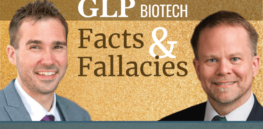
GLP Podcast: Coming soon — USDA ‘bioengineered’ labels; Scientific American strays from science; Schools teach anti-GMO falsehoods
The USDA's mandatory bioengineered food labels will begin to appear on many more products next month. What can consumers expect ...
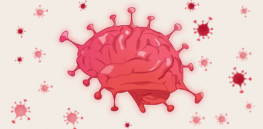
How does COVID stir chaos in the brain?
COVID’s brain-related symptoms go beyond mere mental fuzziness. They range across a spectrum that encompasses headaches, anxiety, depression, hallucinations and ...

What’s it like living with high-functioning autism?
I knew I wasn’t like other people. But I had also internalized the idea that this was “fixable,” that I ...
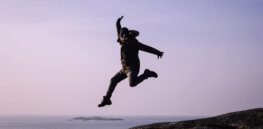
Link found between tendency to jump to conclusions and conspiratorial thinking
To be sure, some people go over every detail exhaustively before making a choice, and it’s certainly possible to overthink ...
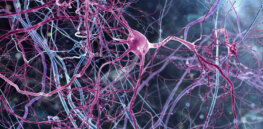
Atlas of cognition: Comprehensive inventory of brain cells in development
Looking for brain parts is driven by more than curiosity. Before the generations-long endeavor of deciphering the brain can proceed, ...
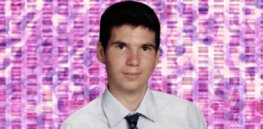
How early failures dogged gene therapy — and why the future looks so much brighter now
Jesse Gelsinger was 18 years old in 1999, when he joined one of the first clinical trials of gene therapy ...
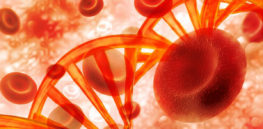
Gene therapy evolves to treat blood cancers and numerous other rare disorders
Gene therapy has come a long way since its first human proof-of-concept trials in the 1990s. The approach—which involves fixing ...
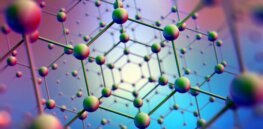
How the nanotechnology revolution has transformed medicine and manufacturing
What the [National Nanotechnology Initiative] did was move nanotechnology into places it had not significantly ventured before, like the medical, ...
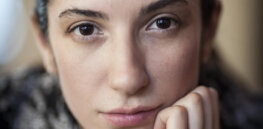
‘Eye contact does not elicit synchrony; it disrupts it’: Prolonged eye contact during conversations can block connection
Making eye contact has long been conceived as acting like a cohesive glue, connecting an individual to the person with ...
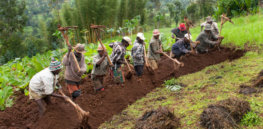
Viewpoint: Public Affairs professor advocates for agroecology systems, claiming technology-centric agricultural programs promoted by Gates Foundation has failed in Africa
Agroecology applies ecology and social science to the creation and management of sustainable food systems and involves 10 or more ...
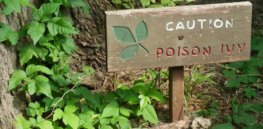
We have little relief for poison ivy rashes — but a vaccine is in the works
According to some older studies, poison ivy and its cousins poison oak and poison sumac cause 10 percent of lost-time ...
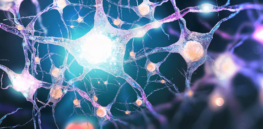
How the brain reorganizes and rewires after an injury
By the middle of the next decade, soldiers will be working with technology so closely that they will seem to ...
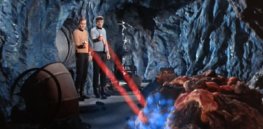
Will we be able to identify extraterrestrial life if it doesn’t resemble life on Earth?
When trying to imagine something we’ve never seen, we often default to something we have seen. For that reason, in ...
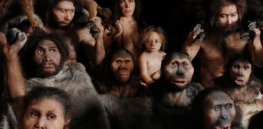
‘It has never been a given that humans would survive on Earth’: Reflections on the nonlinear tangled web of human evolution
It has never been a given that humans would survive on Earth. We have likely faced extinction several times in ...
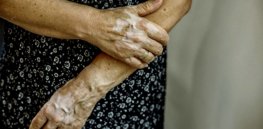
Infographic: Autoimmune diseases — 76 identified so far — tend to target women over men. Here is a master list
There are many autoimmune diseases, and taken together they affect as much as 4.5 percent of the world’s population. This ...
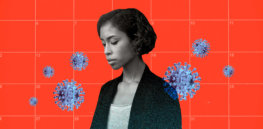
There are still no approved and effective therapies for thousands of ‘long haul’ COVID patients
[A] study, published in February in the journal JAMA Network Open by researchers at the University of Washington, suggests that around ...
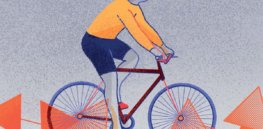
Automaticity: Why the health benefits of mindfulness are limited and why mindlessness is sometimes better
Although mindfulness has its merits, psychological research has also revealed that in some circumstances it’s important to be mindless. That ...

Solving the problem of death: 150 seems to be an outer age limit, and here’s why
In Silicon Valley, immortality is sometimes elevated to the status of a corporeal goal. Plenty of big names in big ...

The scientific rationale for agnosticism
There is such a thing as being too picky, especially when it comes to things like work, love and nourishment ...

Brain Computer Interface: How BCI implants can transform thoughts into spoken words
More than 15 years ago, a man who was only 20 years old had a massive stroke when a major ...
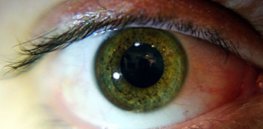
‘Eyes are a window to the brain?’ Pupil size emerges as a marker of intelligence
Our pupils respond to more than just the light. They indicate arousal, interest or mental exhaustion. Pupil dilation is even ...
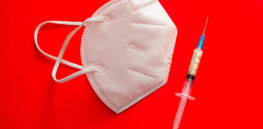
Fact check: Breakthrough infections from Delta or other COVID variants does not mean vaccines don’t work
Endless news cycles and viral social media warn of “breakthrough infections” in people already vaccinated for COVID-19. These reports leave ...
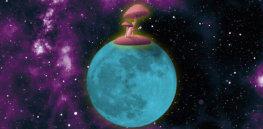
Synthetic biology in space: Mushrooms could be used to build extraterrestrial habitats
In a new “astromycological” venture launched in conjunction with NASA, [Paul] Stamets and various research teams are studying how fungi ...

Preventing the next virus outbreak: Making vaccine development and production a global mission
How do we prevent a pandemic like this from happening again? ... [We need] the ability to rapidly develop and ...
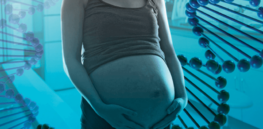
Separating hype from reality in the coming era of gene-enhanced ‘designer babies’
[W]hat new iteration of genetic testing could tempt healthy, fertile couples to reject our traditional time-tested and wildly popular process ...
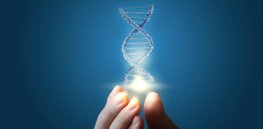
The world of ‘designer DNA’ meets the challenge of intractable genetic disorders. Here’s how that story may play out
[T]he cutting-edge world of innovative genomic therapies is once again in the midst of explosive change—and designer DNA lies at ...
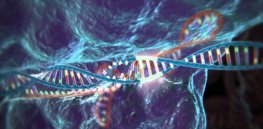
Video: Curious about the full implications of the CRISPR gene editing revolution? Here’s a primer
With CRISPR, a group of enzymes recognize certain repeats, and break the DNA there to insert important information in the ...

